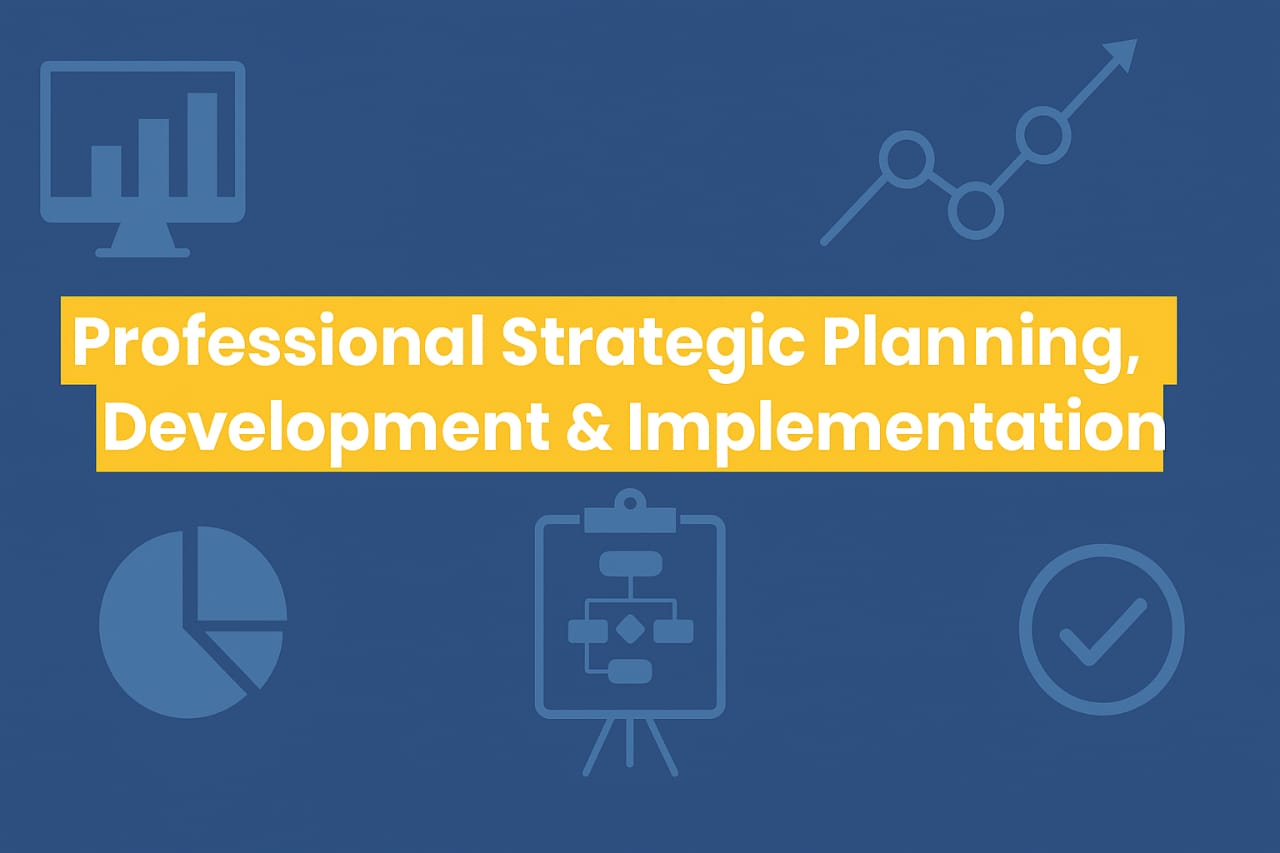

Importantly the seminar will also incorporate the new ISO Business Continuity Standard 22301/2012 which will now replace BS25999-2.
BCM is now regarded as a holistic corporate business activity that the business owns and drives and is applicable to all organizations. BCM can provide the strategic and operational framework to review the way it provides its products and services and increase its resilience to disruption, interruption or loss when an incident or a crisis occurs. The key to a successful recovery is time. The organization which recovers in the shortest possible time will mitigate its losses to the optimum. Scenario Planning has recently gained much adherence in industry and military for developing effective Strategic and BCM capabilities. Above all, it is a tool for collective learning, reframing perceptions and managing uncertainty. This programme will ensure your decision makers choose the correct outcomes, not by looking at the multitude of possible scenarios but based on the loss or unavailability of key resources, regardless of the circumstances.
This seminar is designed for professionals at all levels who are involved in or have been given the responsibility of business continuity planning and disaster recovery functions. It is also highly useful for internal and external auditors, IT and telecommunication managers, administrative and operational heads and others responsible for the effective administration and preparedness of any size of organization. It is particularly suitable for individuals new to business continuity planning or for business continuity planners who wish to improve their knowledge and skills.
The seminar covers all 10 stages of the BCM Life Cycle, and the 8 steps of Scenario Planning using instructor-led discussion, case studies, relevant DVD material, and group exercises. It is a practical, 'lessons learned' programme which trains participants in "best practice" as well as "best principles" for Business Continuity Management and Scenario Planning. Participants leave with the knowledge and tools needed to develop an effective business continuity programme for their organization.
DAY 1 -
Business continuity planning is fundamental to the well-being – and potentially even survival of an organization. Clearly, it is intended to ensure continuity in the face of unforeseen or difficult circumstances
DAY 2 -
DAY 3 -
DAY 4 -
DAY 5 -
CDGA attendance certificate will be issued to all attendees completing minimum of 75% of the total course duration.
| Code | Date | Venue | Fees | Register |
|---|---|---|---|---|
| MAN102-02 | 27-04-2026 | Istanbul | USD 5950 | |
| MAN102-03 | 05-07-2026 | Marrakech | USD 6950 | |
| MAN102-04 | 11-10-2026 | Dubai | USD 5450 |

Too often, company executives and professionals spend most of their time fixing day-to-day problems. They react to problems, rather than focusing on what they would like the company to be and then on ...

Too often, organizations fail to turn their strategies into operational reality; this where the Balanced Scorecard comes in. By translating strategy into a balanced set of objectives covering all aspe ...

The environment of current business requires an increased focus on practices and skills in planning projects and work, properly organizing tasks and one’s work to improve productivity and delegating w ...

This course will focus on the strategic thinking and leadership behaviors that a high-performance organization needs for a successful long term future. This course will usher delegates in more strateg ...
Providing services with a high quality that are satisfying the requirements
Appling the specifications and legalizations to ensure the quality of service.
Best utilization of resources for continually improving the business activities.
CDGA keen to selects highly technical instructors based on professional field experience
Since CDGA was established, it considered a training partner for world class oil & gas institution
3012, Block 3, 30 Euro Business Park, Little Island, Co. Cork, T45 V220, Ireland
Mon to Fri 09:00 AM to 06:00 PM
Contact Us anytime!
Request Info